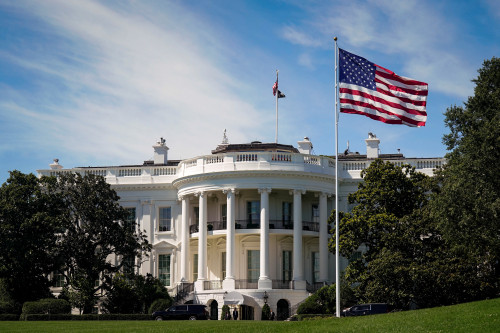By Jarrett Renshaw, Ernest Scheyder and Timothy Gardner
(Reuters) -The Trump administration on Thursday added 10 minerals to a list it deems essential for the U.S. economy and national security, including copper, vital to electric vehicles, power grids, and data centers, and metallurgical coal, used to make coke fuel for steel production.
The Interior Department’s critical minerals list guides federal investments and permitting decisions and helps shape the government’s broader minerals strategy.
The administration is expanding the list amid efforts to boost domestic mining and cut reliance on imports, particularly from economic rival China.
LIST GUIDES FEDERAL INCENTIVES
The list serves as a blueprint for Washington’s push to secure supplies of materials needed for defense, manufacturing, and clean energy technologies. It determines which projects qualify for federal incentives, informs national stockpiling and research priorities, and signals to private investors where the government sees long-term strategic value.
Officials and industry leaders say strengthening domestic production could help insulate the U.S. from potential supply shocks or export restrictions imposed by competitors like China, which dominates global refining of many critical minerals.
Doug Burgum, the interior secretary, said the expanded list “provides a clear, data-driven road map to reduce our dependence on foreign adversaries, expand domestic production and unleash American innovation.”
The new list also includes uranium, which is enriched to fuel nuclear reactors, boron, lead, phosphate, potash, rhenium, silicon, and silver.
Potash and phosphate are used as fertilizers to grow crops around the world. “These are two minerals where stable supplies are absolutely necessary to fill our plates and feed our communities,” said Corey Rosenbusch, CEO of The Fertilizer Institute.
Potash was on an original 2018 list, but neither phosphate nor potash was included when it was updated in 2022, the institute said.
U.S. COPPER OUTPUT LESS PROFITABLE
Copper is used widely across the global economy in power generation, electronics and construction.
Freeport-McMoRan, the largest U.S. copper producer with seven mines and control of one of the country’s two smelters, said this year it could generate more than $500 million annually in tax credits tied to the 2022 U.S. Inflation Reduction Act if the red metal were declared critical.
The Phoenix-based company was not immediately available to comment on Thursday.
The average grade, or percentage of copper in rock deposits, in Freeport’s U.S. mines is lower than elsewhere, boosting costs and making the U.S. the company’s least profitable region. That fact largely explains why Freeport pushed for the designation.
“We’re not looking for handouts, but if the government is trying to incentivize domestic (copper) production, it’s important to recognize that the U.S. doesn’t have the same grades that we have internationally,” Freeport CEO Kathleen Quirk told Reuters in March.
Putting met coal on the list aligns with President Donald Trump’s support of fossil fuels. Some U.S. met coal mines have shut in recent months amid ample supply and a reduction in exports to China, which put an additional 15% tariff on imports of U.S. coal this year.
Rich Nolan, president and CEO of the National Mining Association, said it will continue to seek the expansion of the list to “ensure that the U.S. has the abundant domestic resources it needs, when it needs them.”
(Reporting by Jarrett Renshaw, Ernest Scheyder and Timothy Gardner; additional reporting by Tom Polansek in Chicago, Editing by Paul Simao, Rod Nickel)


